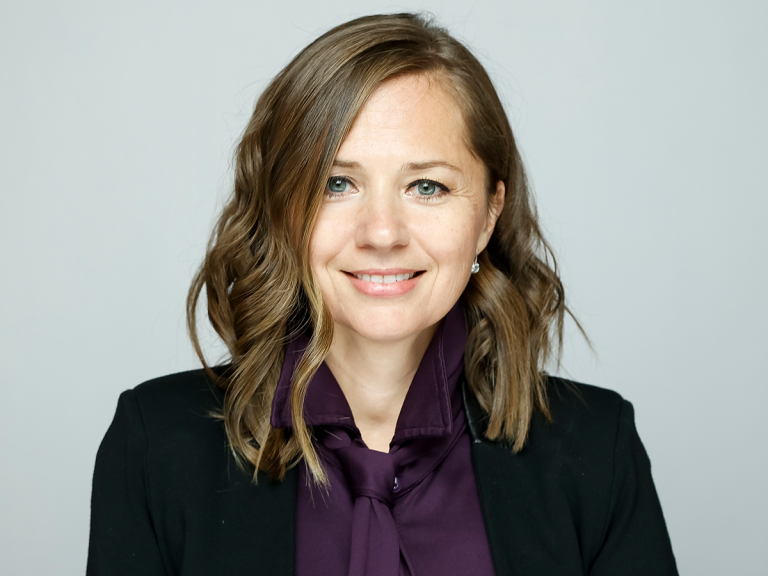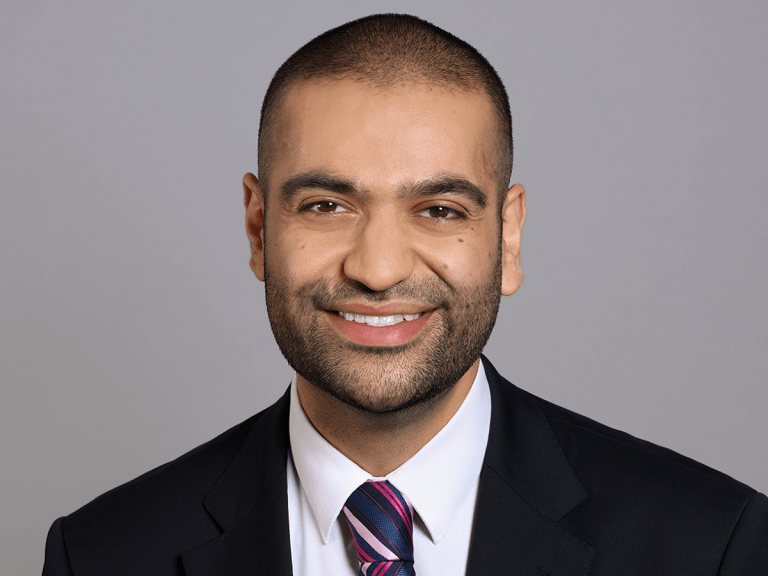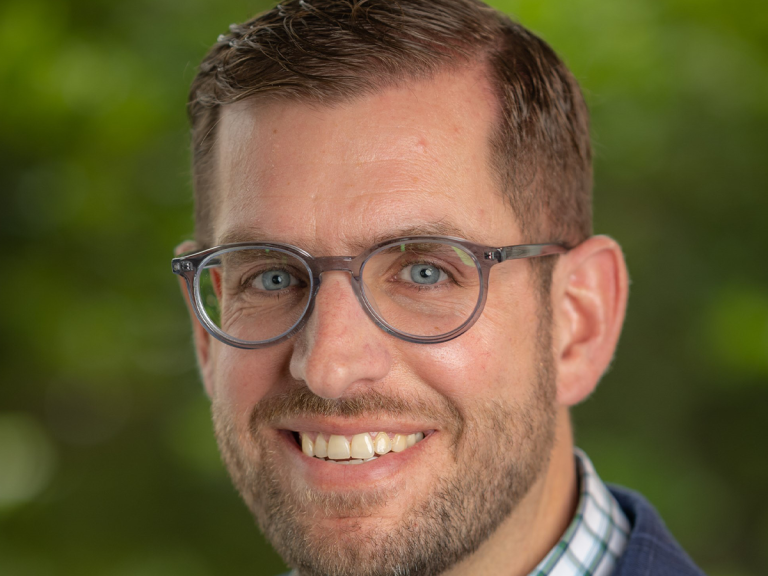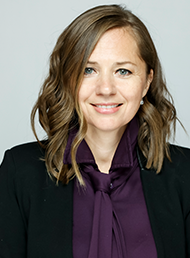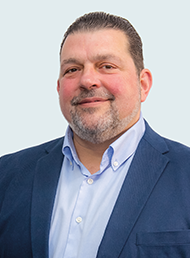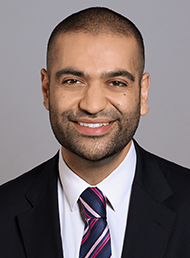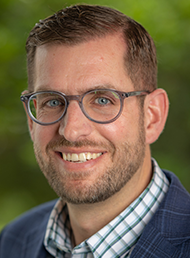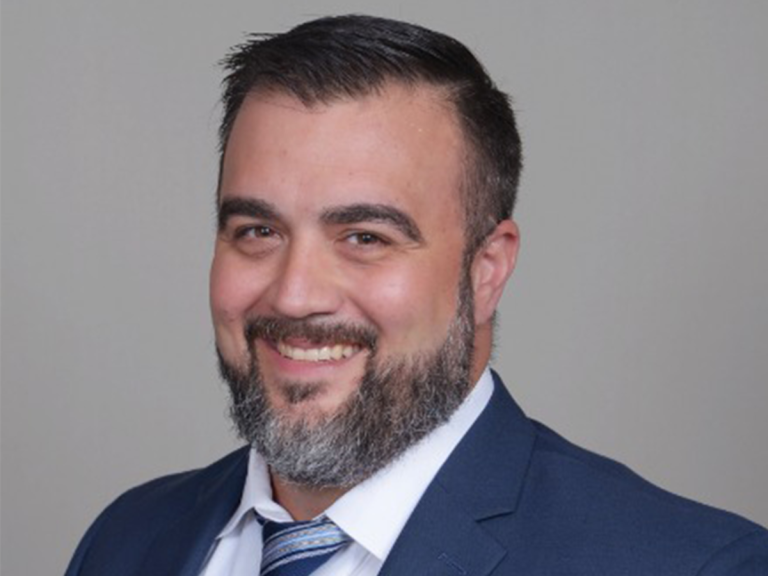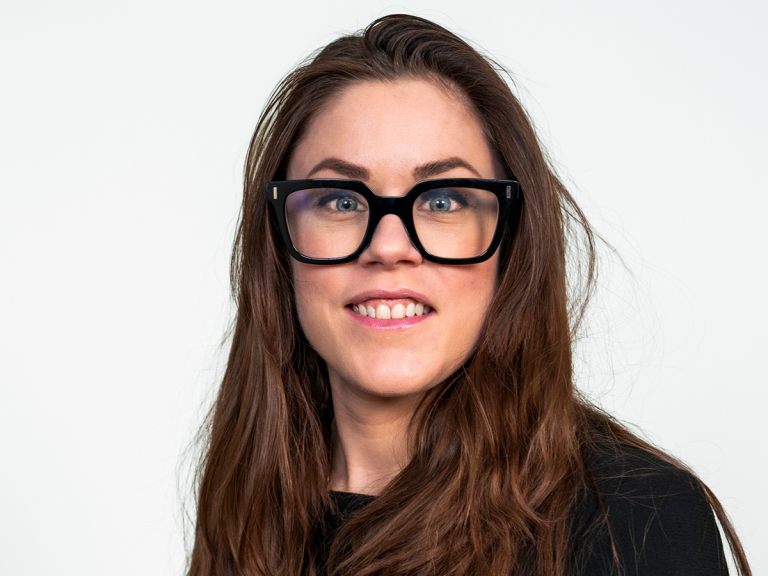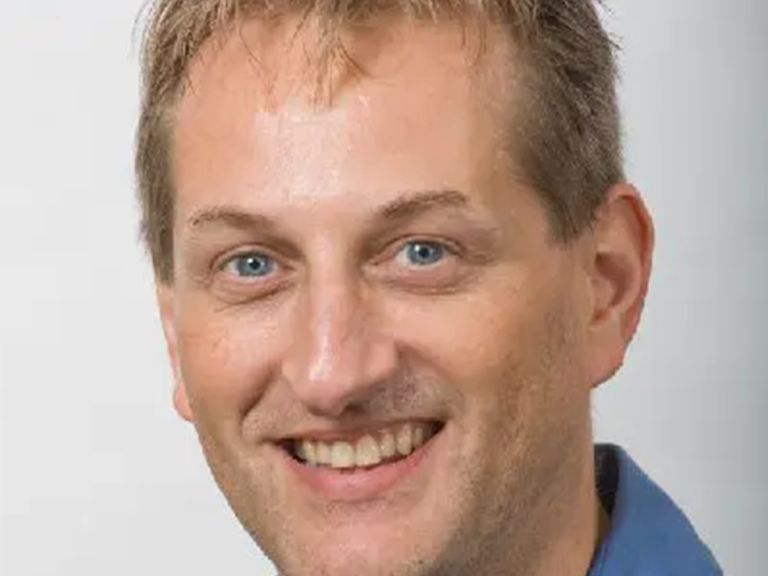Educating brokers about the role and value of captives will provide more opportunities for business, according to Olga Collins, CEO of the Worldwide Broker Network (WBN), and John Harris, group business development director at Robus Group.
Collins and Harris featured on GCP #83, discussing the profile of WBN and its members and the increasing interaction they are having with captives in recent years.
With much of the captive management and consulting space dominated by the large, multinational brokers such as Aon, Marsh and WTW, there has long been a perception challenge among some smaller, independent brokers that promoting or proposing captives can lead them to ultimately lose out on the business.
WBN is the largest independent broker network in the world with more than 150 broker members in over 100 countries.
“[Our members] work with clients spanning from very large brands all the way to high-net-worth private individuals, and I agree that it’s a matter of education,” Collins said.
Collins added that a wider profile of client is becoming interested in the consulting services provided by brokers, in addition to transactional risk management.
Harris, group business development director at Robus Group which is a partner of WBN, said that generally some of the more traditional brokers can initially feel threatened by captives from an income perspective, as they feel they could lose out when a client enters a captive structure.
“But that typically is because they’re not necessarily as educated or have a full understanding of how a captive can play a part in a programme,” he said.
“When you start to help them realise that this is actually something that gives them a competitive edge, they start to look at things slightly differently.”
Harris noted that Robus spends time informing brokers on how a captive strategy can be used as a competitive advantage.
“One, to help them protect themselves against attacks on their existing book,” he added.
“Where they’ve got some significant clients and they’re not deploying captive strategies or even thinking or talking about it with their clients to enable them to stop the competition, the Marsh’s and the Aon and the big guys from attacking their business.
“But also to enable them to use captive strategies as a leverage when they’re attacking new prospective business as well.”
He noted that when brokers realise that this is actually something that gives them a competitive edge, “they start to look at things slightly differently”.


